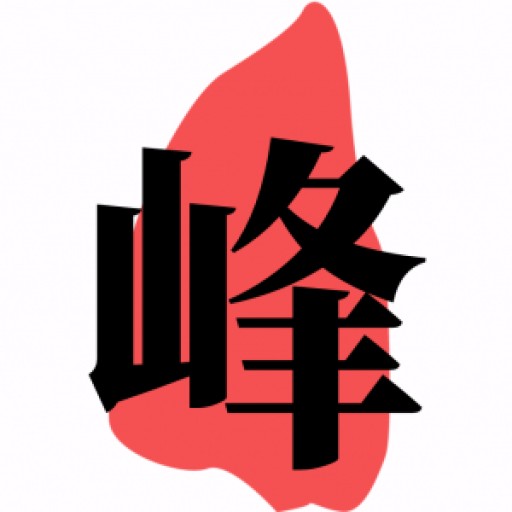保留原有 HTML 标签的修改文本:
以下三种说法均可表示“由于”、“因为”:
- due to:常用于正式文件中,一般用来引导表语(主语是名词或物主代词)
- because of:更常用在日常口语中,一般用来引导状语(主语是代词或人或事物)
- owing to [正式]:因为,由于(常用于正式文件中,一般用来引导状语或表语)
使用举例:
due to:
- The crash was due to pilot error.(飞机事故)
- The entrepreneur's success was largely due to his excellent judgment.(企业家的成功)
- In part this attitude was due to fear of trade union and employee reactions.(这种态度)
- The country's economic problems are largely due to the weakness of the recovery(国家的经济问题)
because of:
- We missed the train because of you!(因为你)
- He had to cancel the trip because of the rain.(因为下雨)
- His illness is due to bad food.(生病原因)
- The accident was due to careless driving.(车祸起因)
owing to:
- He was late owing to/due to the storm.(因为暴风雨)
- Owing to/Due to bad weather, the next flight will be cancelled.(天气恶劣)
- The game was postponed because of rain.(比赛延期)
- It is mainly because of my fault.(这主要是由于我的过错)
- We had to leave the country because of the persecutions.(被迫害)
注意:
在现代英语中,语法规则有所简化,due to 和 owing to 也可用来引导状语或表语。
例如:
- Unfortunately, due to unforeseen circumstances, this year's show has been cancelled.(由于一些意外情况)
- He was out of work owing to a physical injury.(他因为受伤而失业)
- It is owing to your help that we have succeeded.(多亏了你的鼎立相助)
- 由于交通拥挤他迟到了。
- 正:He was late due to [owing to, because of] the very heavy traffic.
- 正:Due to [Owing to, Because of] the very heavy traffic, he was late.
because of 通常只用来引导状语,如果要用来引导表语,主语通常应为代词,例如:
It is all because of what you said.(那完全是因为你说的话)
理解:"due to" 表示因为;由于。
该段落可以改写为:

